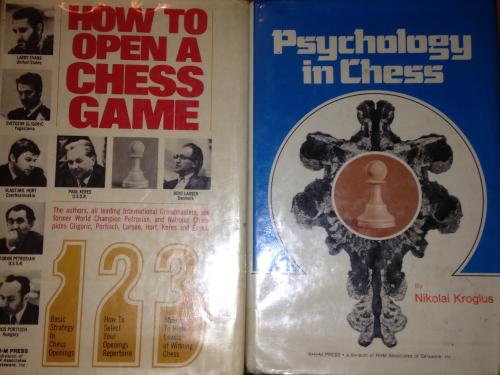Greetings, chess fans. I have found a few interesting games which are exactly the opposite of games played between computers. They are played, not only by humans, but with humans as the chess pieces.
One notable, annual, repeated chess game is played at the Marostica Chess Festival, which commemorates a famous chess game played between Rinaldo d'Angarano and Vieri da Vallonara for the hand of a maiden in 1454. A nice duel. Not quite as violent as the gun or sword duels that were more common.
I am uncertain as to the source of the following game. I have obtained it from . It claims to be, in the PGN header, from 1454. However, since I cannot verify this, I believe that it is the game from the 2014 Marostica chess festival. Apologies for the uncertainties. It is, however, a cracking...
